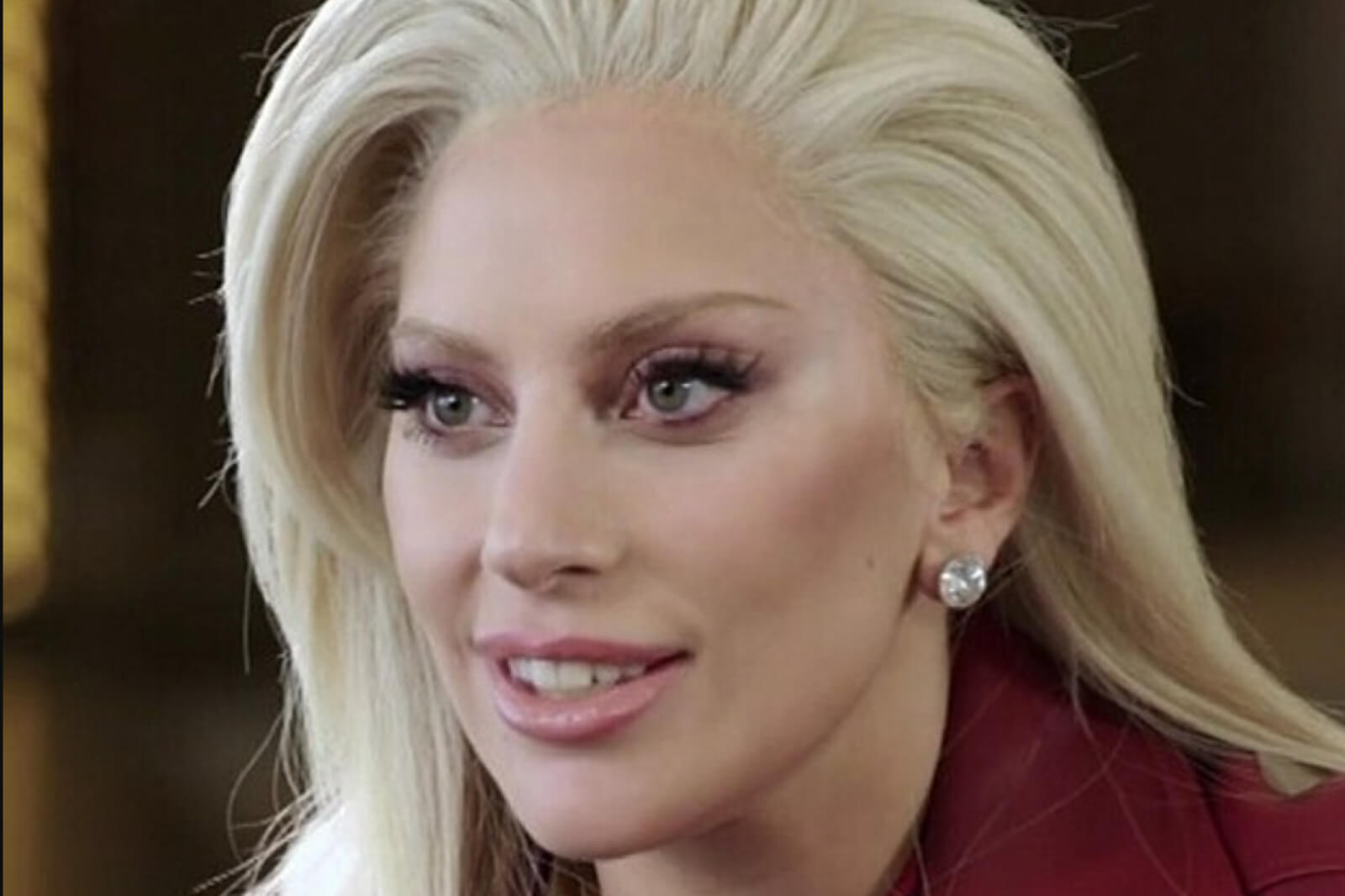A new album from Lady Gaga? Yes, please! The “Bad Romance” singer’s sixth studio album is set to release on Thursday, March 7, 2025, from Streamline and Interscope Records. Even cooler? Gaga will promote it with a legendary appearance on Saturday Night Live on Saturday night, March 8! We’ve been streaming music from Gaga since […]





